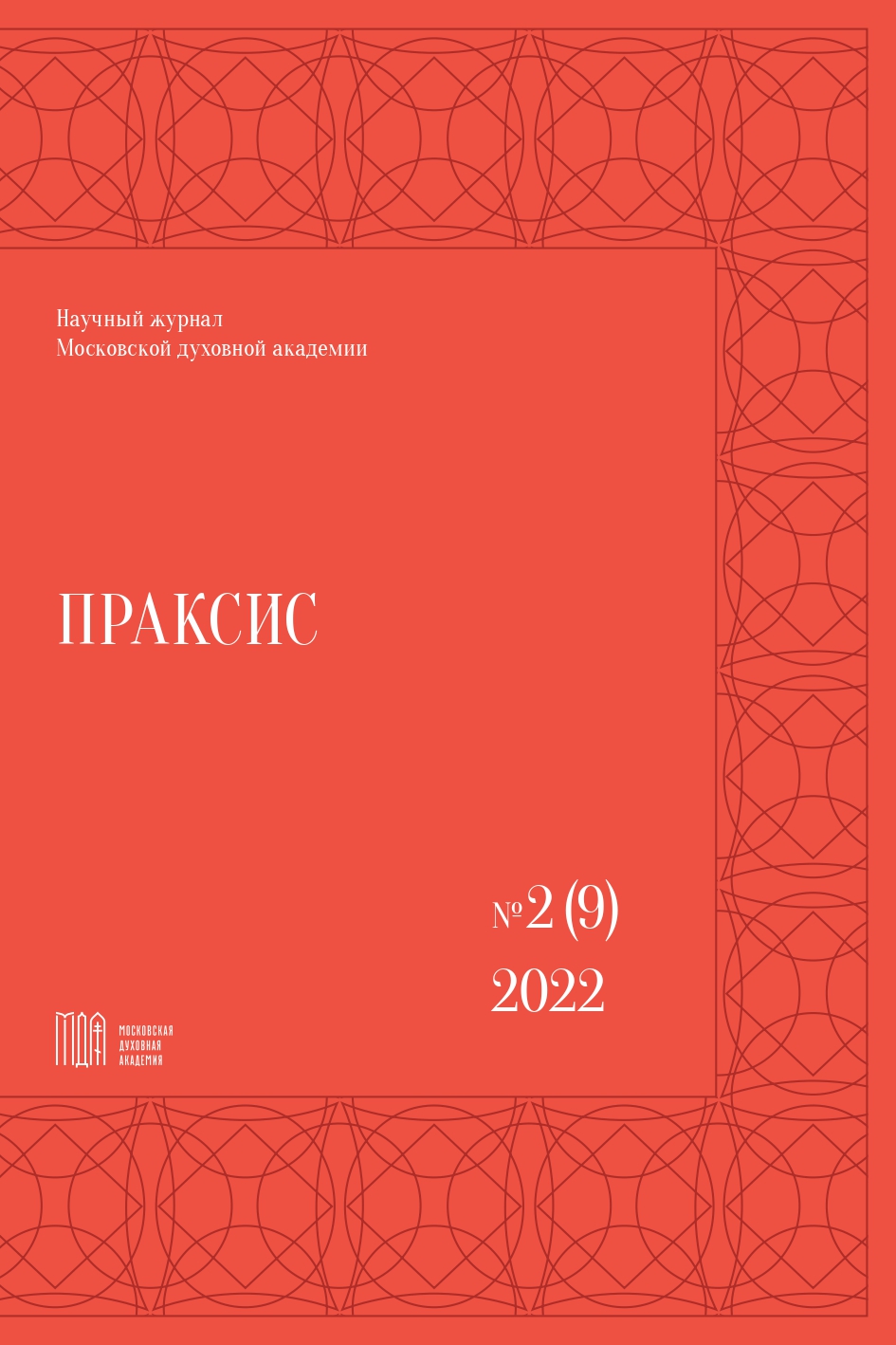Identity Politics and a New Civic Ethic in Europe: A Legal Analysis
DOI:
https://doi.org/10.31802/PRAXIS.2022.9.2.005Keywords:
identity politics, civil society, minorities, discrimination, group identity, rights and freedoms, freedom of expression and religionAbstract
Identity politics, in its essence, can be defined as the activity of the state to build the solidarity of people within existing administrative-territorial boundaries. In other words, the term refers to various kinds of efforts by the state to strengthen the unity of its people and the formation of a national (or supranational) idea in civil society. However, besides the state, there are other actors (social agents) involved in identity politics, who are able to influence the shaping of perceptions of a community. These actors often compete with the state. In such situations, the state has extraordinary power and needs to protect its cultural sovereignty. In a situation where the state fails to act in implementing its own identity politics, there is a risk of strong external interference from other states or power elites, more often with the help of NGOs, which usually results in a loss of sovereignty.
The purpose of this article is to focus on this phenomenon and to identify the threats it poses to contemporary Christianity.
Downloads
References
Конституция Российской Федерации. Принята всенародным голосованием 12.12.1993 с изменениями, одобренными в ходе общероссийского голосования 01.07.2020) [Электронный ресурс]. URL: https://www.consultant.ru/document/cons_doc_LAW_28399/ (дата обращения: 22.03.2021).
Заседание Совета по межнациональным отношениям [Электронный ресурс]. URL: http://www.kremlin.ru/events/president/news/65252 (дата обращения: 22.03.2021).
Ачкасов В. А. Политика идентичности в современном мире // Вестник Санкт-Петербургского университета. Серия 6: Философия. Культурология. Политология. Право. Международные отношения. 2013. № 4. С. 71–77.
Буняк Д. В. Основы понимания термина равноправие и идей борьбы с проявлениями дискриминации // Вестник Кемеровского государственного университета. Серия: Гуманитарные и общественные науки. 2019. №4 (12). С. 365–370.
Глебов Г. И., Милаева О. В. Современные международные отношения. Пенза: Изд. Пензенского государственного университета, 2010.
Мартин-Иогансон Э. Западный мультикультурализм. Провальная идеология «плавильного котла» // Свободная мысль. 2021. № 4 (1688). С. 79–92.
Миненков Г. Я. Политика идентичности с точки зрения современной социальной теории // Политическая наука. 2005. №3. С. 21–38.
Ильин А. Н. Идеология неолиберализма: сущность и социальные последствия // Известия высших учебных заведений. Социология. Экономика. Политика. 2020. №2. С. 9–20.
Познер В. В. Если говорить о национальности [Электронный ресурс]. URL: https://pozneronline.ru/2018/10/22911/ (электронный ресурс: 22.03.2023).
Рамочная Конвенция по Защите Национальных Меньшинств. Руководство для НПО [Электронный ресурс]. URL: http://hrlibrary.umn.edu/russian/hrtsbook/Rngoguide_minorities.html (дата обращения: 22.03.2023).
Тернборн Г. Мульткультурные общества // Социологическое обозрение. 2001. Т. 1. № 1. С. 50–67.
Downloads
Published
How to Cite
Issue
Section
Categories
License

This work is licensed under a Creative Commons Attribution-ShareAlike 4.0 International License.







